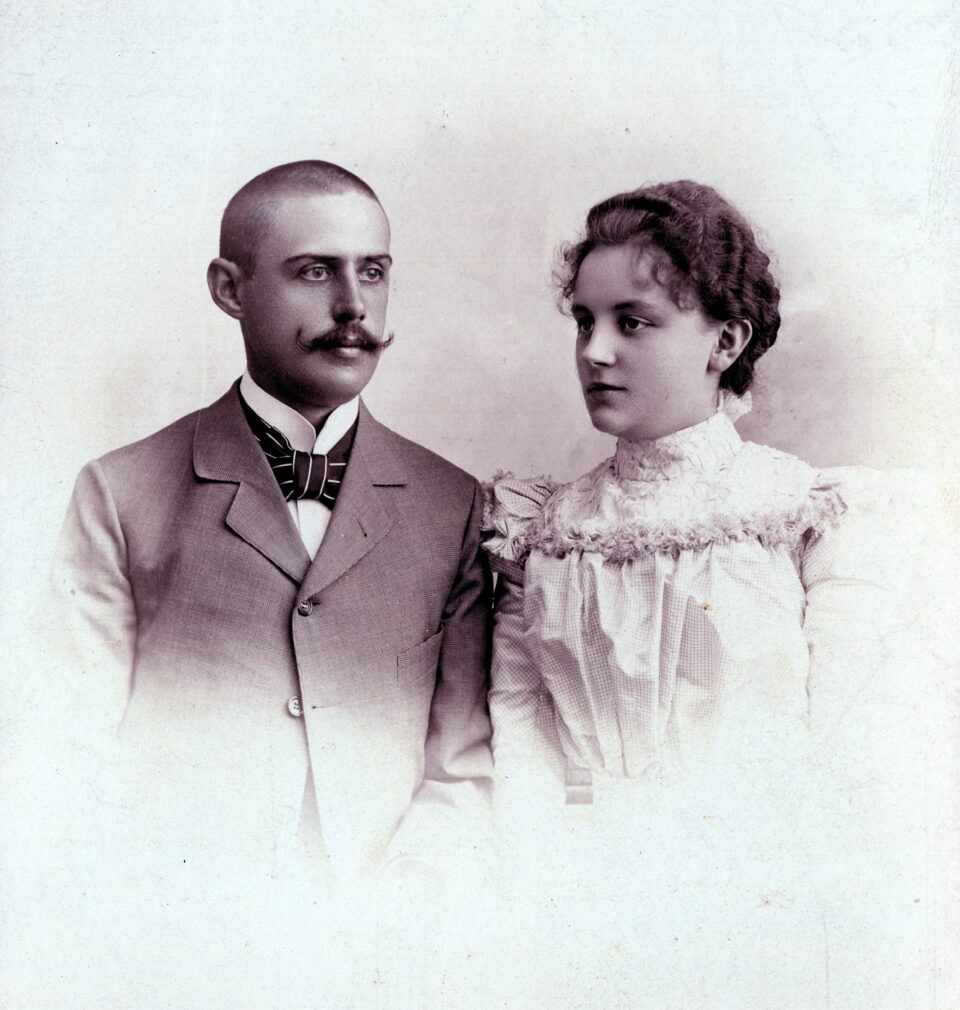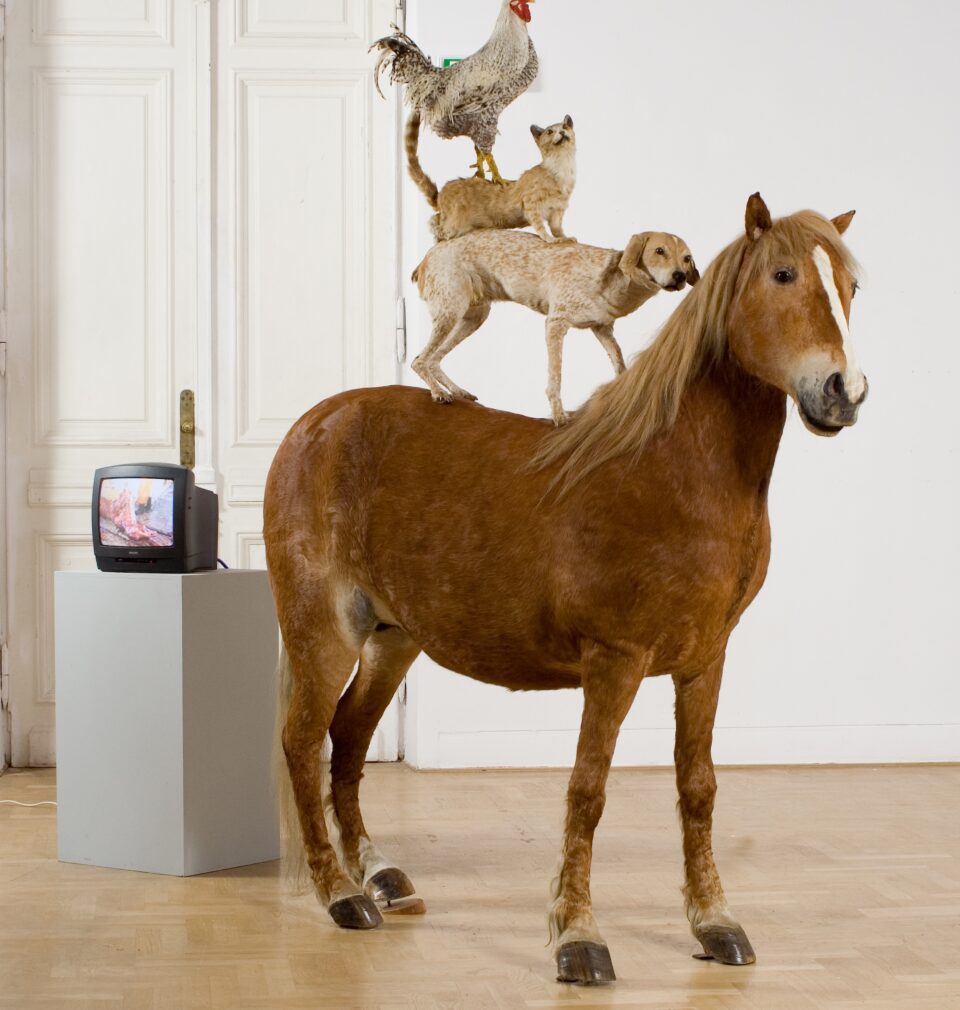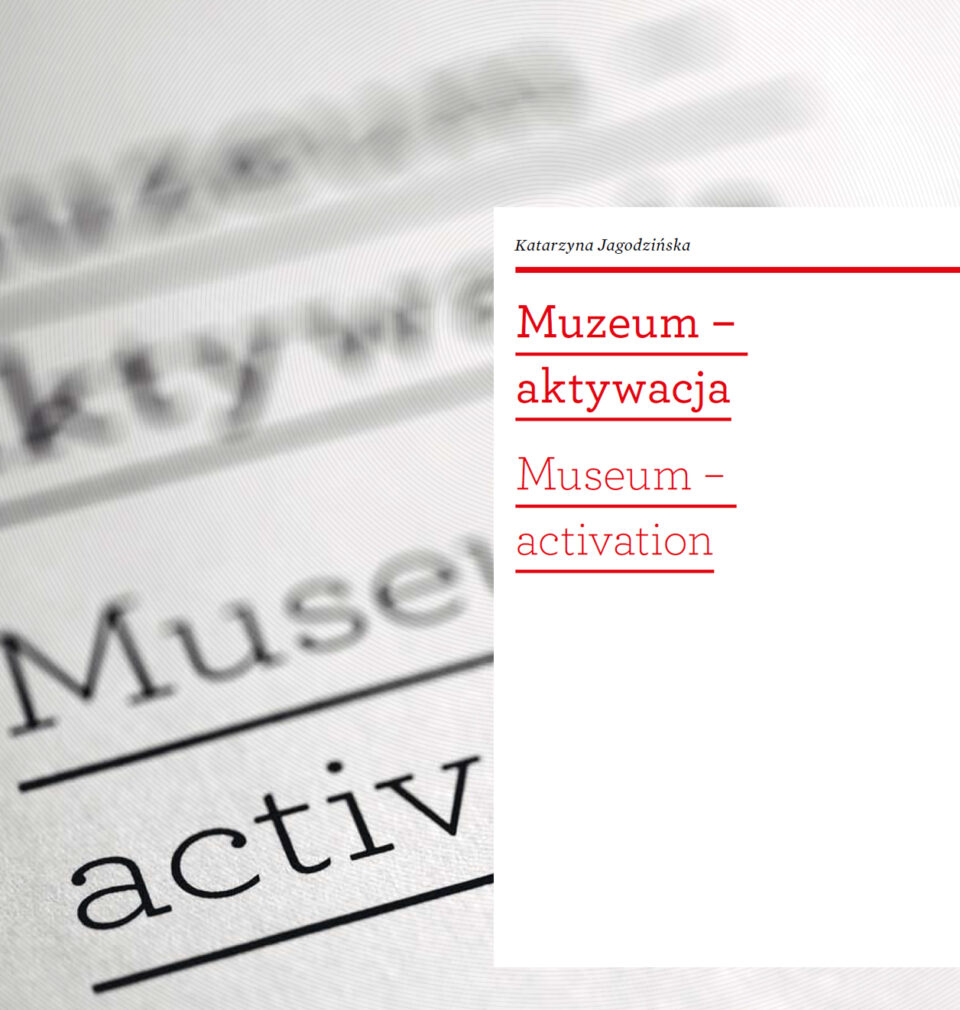
Art Is Changing (a) Place
Unrequited Love
Publication: 27 August 2021
TAGS FOR THE ARTICLE
TO THE LIST OF ARTICLESAny love is a misfortune, and this one in particular…
Natalka Bilotserkivets
Weather maps in newspapers are the major source of common wisdom about Europe today. The continent’s truncated body ends somewhere at the eastern borders of the EU, leaving a good one-third of Europe out. But Western Ukraine is always there – on both geographic and mental maps.
I was born in a country where time is not linear and its flow is not uniform. There is actually no gauge by which to measure it. Because nothing lasts in its stream – things just happen. There are no developments, just occurrences. People never refer colloquially to any specific year, or decade, or even to something that happened ten years ago. They simply say: “It was under the tsar,” meaning under the tsar’s rule. “Tsar” is simply another word for “rule,” so there is no need to repeat tautologically “the ruler’s rule.” Suffice it to say that something was “under Stalin,” “under Khrushchev,” “under Brezhnev.” Never “during,” only “under.” Because each ruler has his own time – with a different speed, density, and direction. With weight but no length. Like the demiurge, the ruler is the source and manager of time, its generator and operator. He determines and regulates the time-flow – its direction, intensity and eventuality.
Sometimes the demiurges are not personalized. They are euphemistically fused into some collective entity – but with the same mythical power: “under the Austrians,” “under the Poles,” “under the First Soviets,” “under the Second Soviets” (the former are still viewed more positively because they withdrew from Ukraine much faster) and, of course, “under the Germans” who proved to be even worse than the Soviets – something that nobody could initially believe. Indeed, how could the Germans be anything else but another brand of the familiar Austrians? Some time-spans in my country are referred to as great natural calamities, like the Great Famine, the Great War, perestroika, or the Revolution. People live “under” them, too, not “during.” Actually, all the rulers in my country have been perceived as some sort of natural calamity that just happens, and therefore cannot be avoided but is somehow to be borne.
“The Kaiser” and “the Austrians” are the most bearable and benign on this list. Partly because they dwell far away in both space and time, somewhere at the edge of living memory, at the end of history as a story that can be remembered and recollected, not merely retrieved from textbooks and chronicles. And partly because their rule really was better in many respects than those of the others.
There are not as many examples of aborigines (Creoles aside) erecting monuments to colonial rulers – as the Western Ukrainians did recently in Chernivtsi to Franz Joseph, or commemoration of such rules with scholarly conferences and publications – as Ukrainian intellectuals do regularly in Lviv, or playing with various “K. und K.” memorabilia – as local entrepreneurs do throughout Galicia.
Besides people’s natural longing for the past and search for a Golden Age, there are two more specific reasons for Ukrainians’ obsessive Austrophilia and pathetic-cum-carnavalesque Kaisermania. As one can easily guess, these are history and geography.
Historically, Ukrainians have always been squeezed between the Russians and the Poles, both of whom vigorously denied their right to exist as a separate nation and did their best to assimilate them into the dominant culture. The Austrians never have had such ambitions. They did not encourage the Ukrainian movement in any specific way, but neither did they suppress it. And this was enough for the local intelligentsia to make the peasants into Ukrainians. In fact, the Austrians are appreciated not for something they did but for something they did not do – in sharp contrast to their Russian counterparts, the Austrians did not ban the Ukrainian language or forbid education, did not imprison or exile Ukrainian intellectuals, did not try to delegitimize the very self-name “Ukrainian.” This is, of course, a good reason to claim that Ukrainians are a hostile anti-Russian (and anti-Polish) intrigue, a vile Austrian invention.
Geography, however, seems to be even more important still. Especially now, with the Eurocrats carefully censoring all official documents, crossing out any reference to Ukraine as a “European state” and replacing it with euphemisms like “partner country”, or “neighboring country,” or, for God’s sake, “western NIS,” “western CIS,” or “western Eurasia.” Weather maps in newspapers are the major source of common wisdom about Europe today. The continent’s truncated body ends somewhere at the eastern borders of the EU, leaving a good one-third of Europe out. But Western Ukraine is always there – on both geographic and mental maps. In a sense, for Ukrainians, it is something like a small patch of unquestionably European territory in the Balkans for Turks. The rest of Ukraine may dwell deep in “Eurasia,” the women may wear hijabs and breed camels, the men may drink vodka straight and play the balalaika, love Putin, Stalin and Yanukovych, but the small part of Ukraine that was once Austrian for a time and was never Russian, is the Ukrainians’ major trump-card. It is our Central European ID that legitimizes our belonging, claims, hopes, dreams, and illusions.
Illusions, so far, prevail. There are no Ukrainophile feelings in Austria, nor even much knowledge about this strange country to the east that the Habsburgs happened to own. Actually, they happened to briefly own even Mexico.
Just try to find anybody in Vienna who would recognize easily that Western Ukraine is closer to Vienna than Switzerland. Or, that the average temperature in Lviv and Kyiv is more or less the same as in Vienna, not as in Moscow or Novosibirsk. Ukraine is still perceived as a remote country, like Georgia, or Armenia, or at best Turkey. Worse still, it is perceived primarily as a soft threat – a source of pollution, illegal migration, infectious diseases and, of course, “the Russian mafia” – the only group in my country that has no problems with Schengen visas.
Ukrainians’ feelings for Austria are largely unrequited by the other side. And probably rightly so. Chancellor Metternich who quipped notoriously that Asia begins at the eastern fence of his garden (in other version, at the Landstrasse, but it might as well be the same) was not entirely wrong. Something depends probably not only on geography but also on the quality of our gardens.
But, as a writer, I know that good poems do not necessarily emerge from requited love. And so do good national gardens, hopefully.
Similar articles
Copyright © Herito 2020



